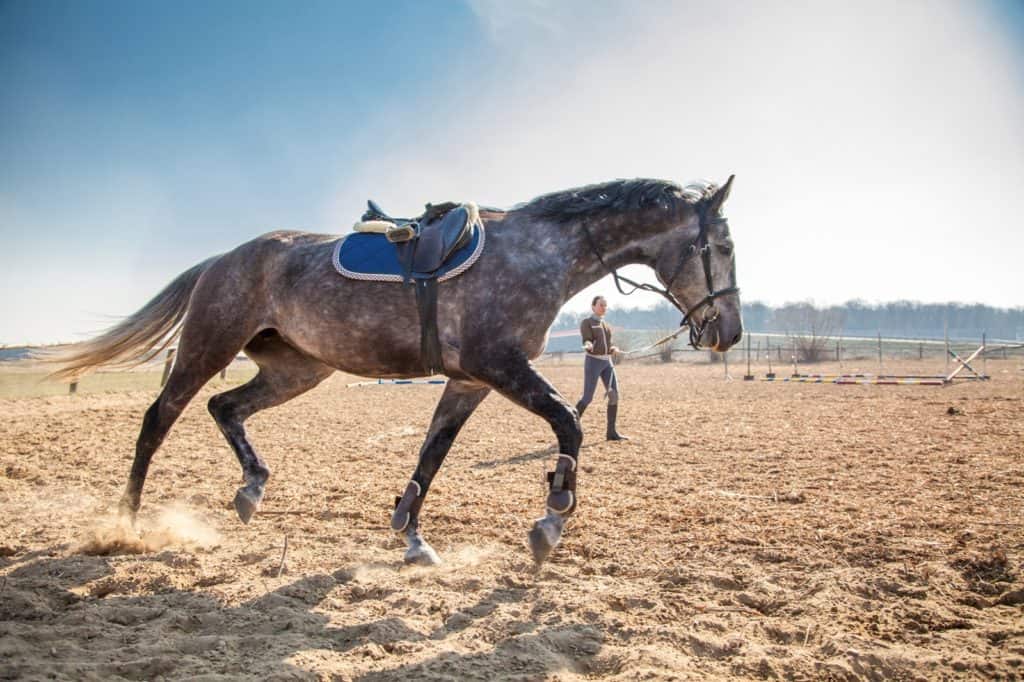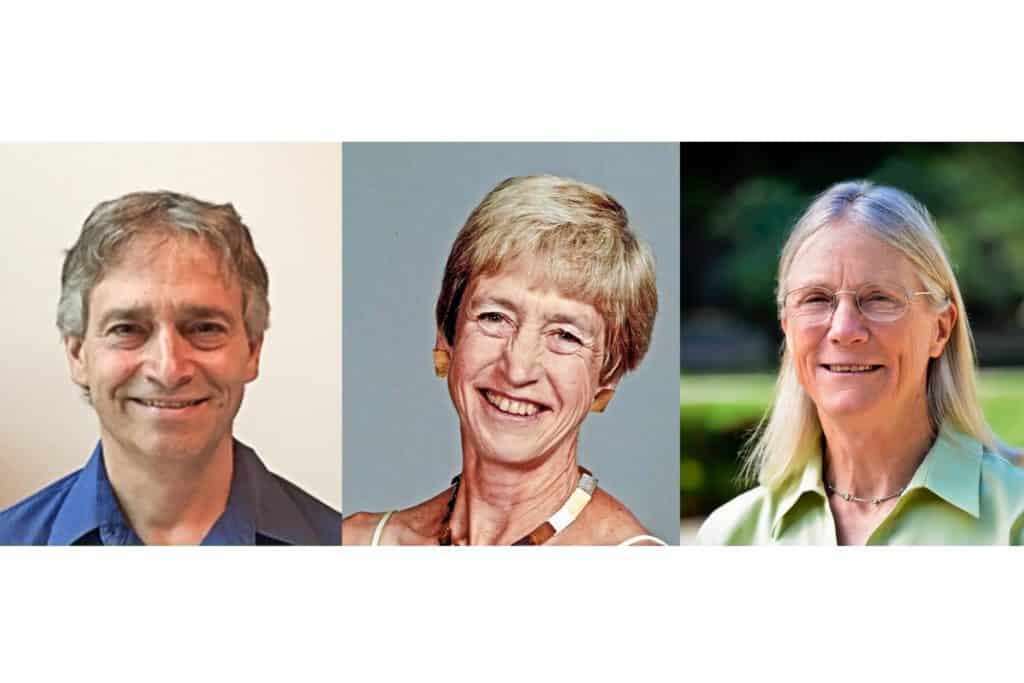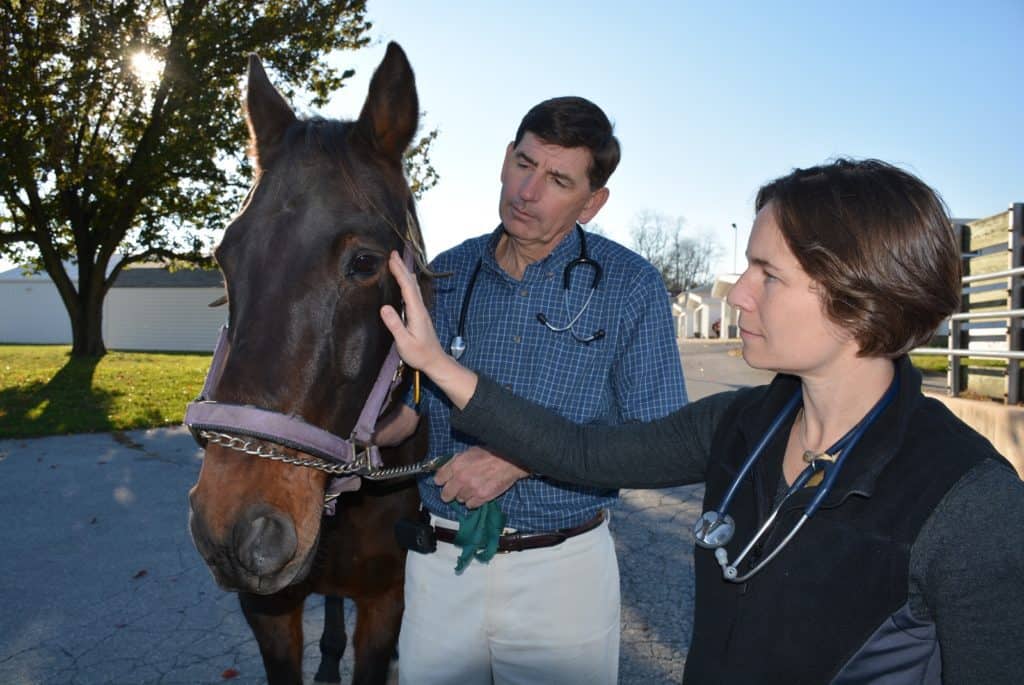
Study: New Zealand Racehorses More Likely to Finish Races
Researchers believe they’re honing in on why these horses are more likely to finish races than those in other countries.

Researchers believe they’re honing in on why these horses are more likely to finish races than those in other countries.
Top take-homes from presentations on regenerative medicine, eye issues, racing performance and injuries, and more.

Researchers stressed the importance of postoperative diet, hygiene, and medications for a successful outcome.

Only enlarged proximal sesamoid bones were identified as being a risk for delaying a 2-year-old’s first start.

The degree of hypertension some study horses developed could possibly result in serious complications, scientists found.

Your veterinarian will decide which NSAID is best for your horse. Always adhere to his or her administration guidelines.

Researchers could not identify a positive relationship between inflammation and obesity or insulin resistance in horses.

Researchers hope to reduce the risk of racehorse fatalities on the track.

Hot topics include digestion, metabolism, soft tissue injuries, and inflamm-aging.

I’m worried about putting too much stress on my 3-year-old’s body. When is it safe to ride her on a regular basis?

Drs. Norm Ducharme, Sue Dyson, and Susan Stover will be inducted into the UK Equine Research Hall of Fame in October.

Dr. Amy Johnson will conduct live equine neurologic exam demonstrations as part of the lecture.

Scientists say molecular changes to an in-joint protein layer called lubricin could indicate osteoarthritis development.

Injecting bone marrow aspirate into core SDFT lesions yielded good results for returning racehorses to competition.

Performance horses have special nutritional needs. Here are some tips on how to get the most out of your athlete’s diet.

Horses with significant cardiac arrhythmias or ones found during multiple sessions might be less likely to race.
Stay on top of the most recent Horse Health news with
"*" indicates required fields